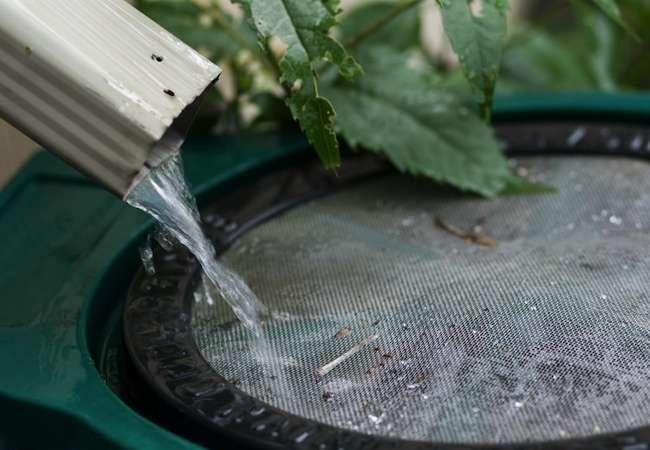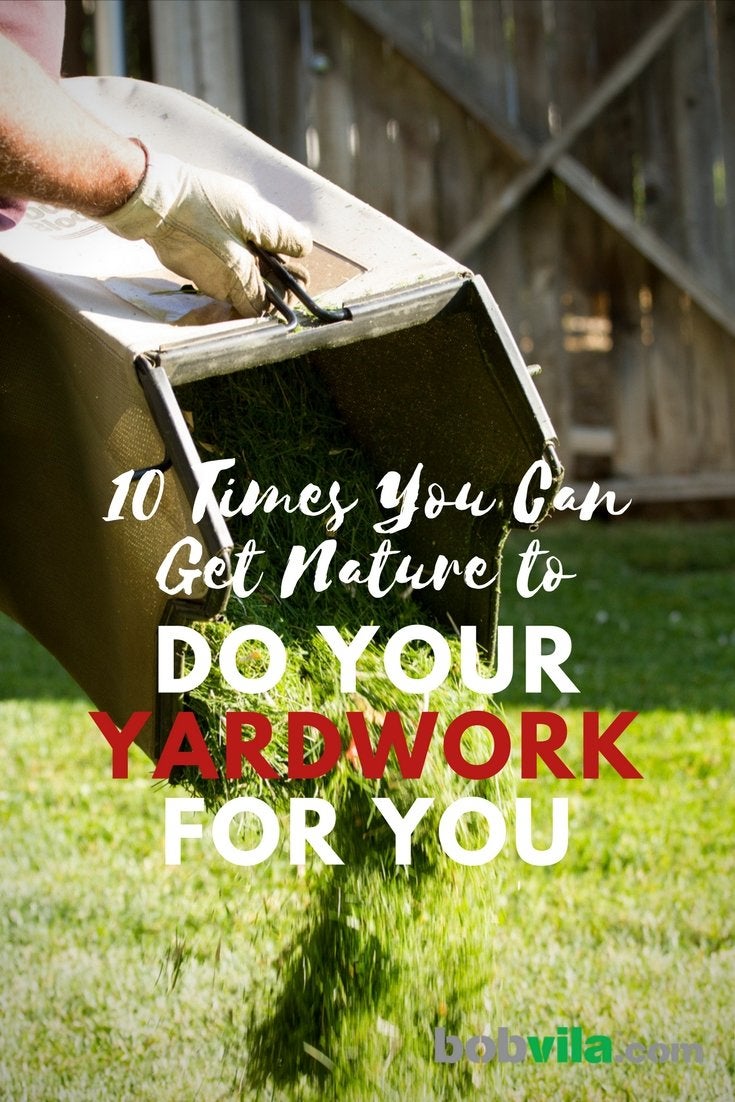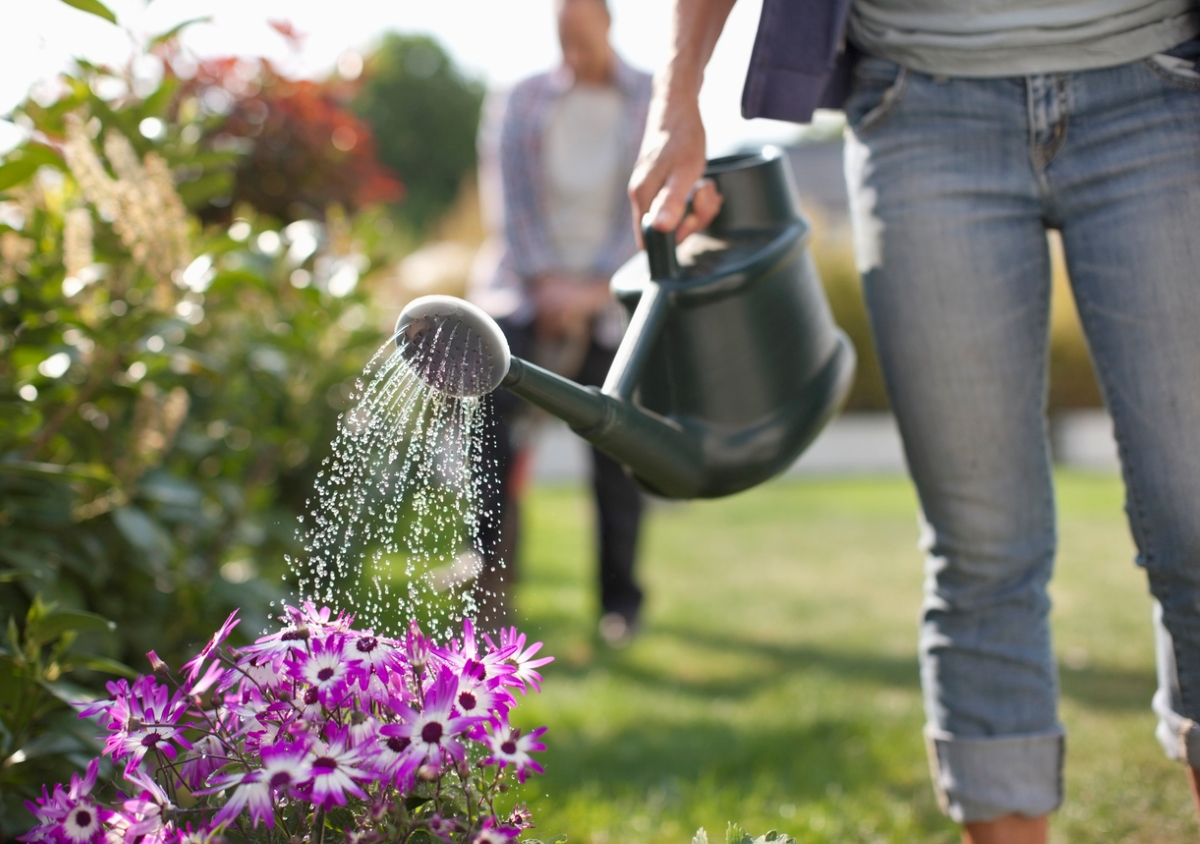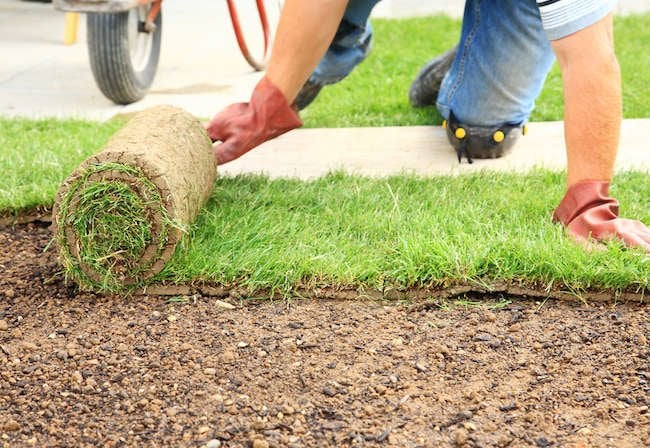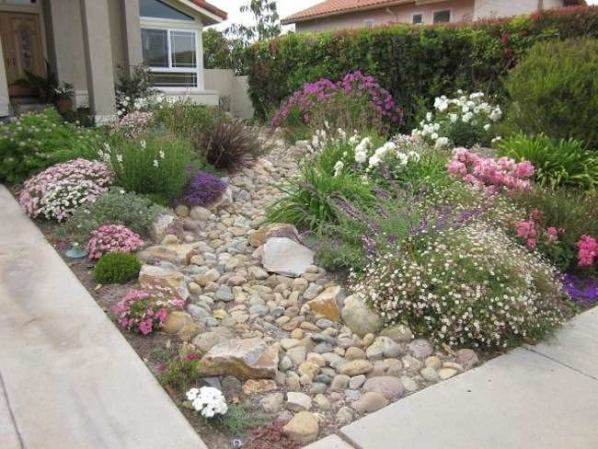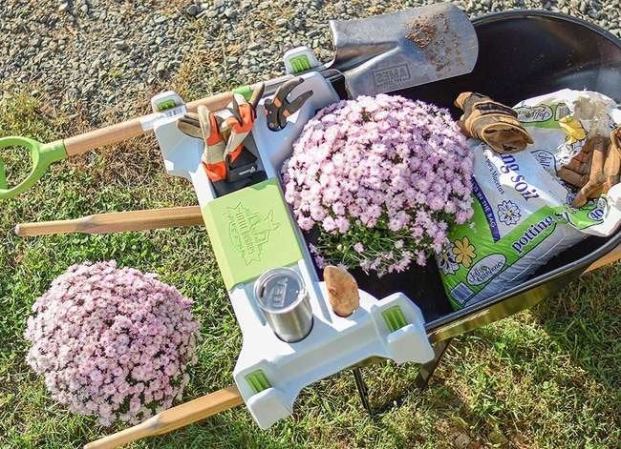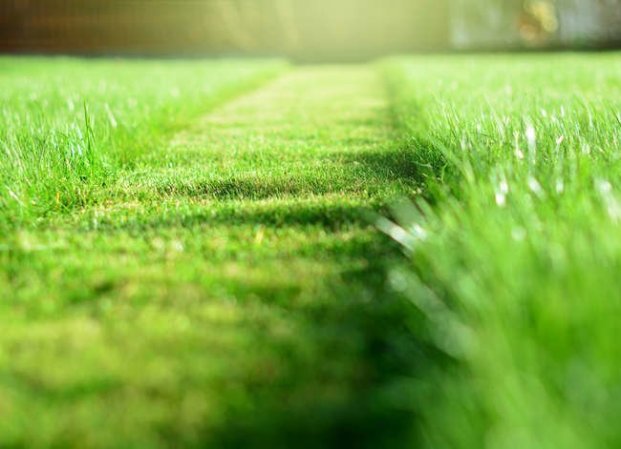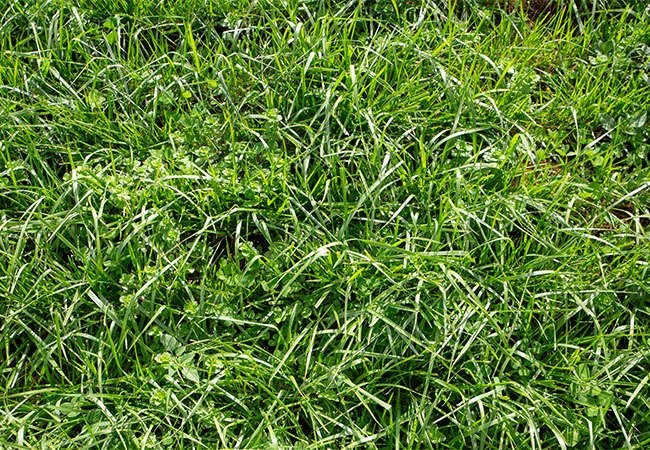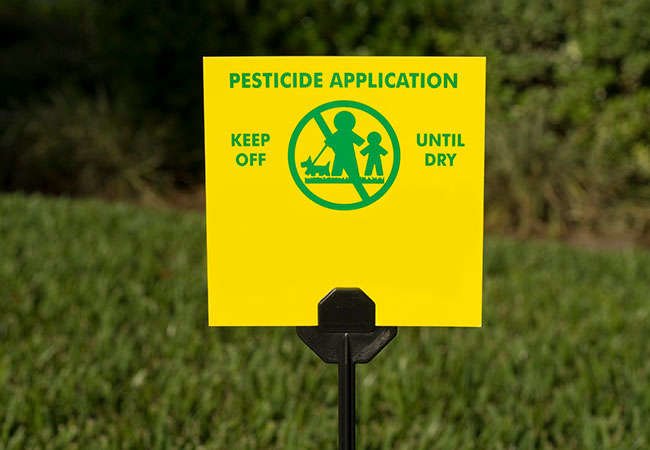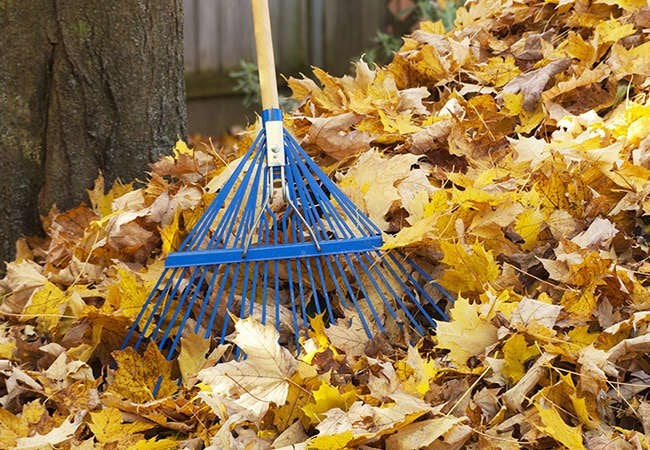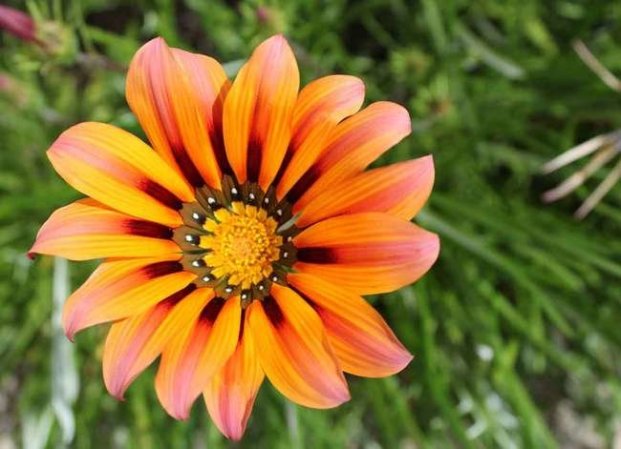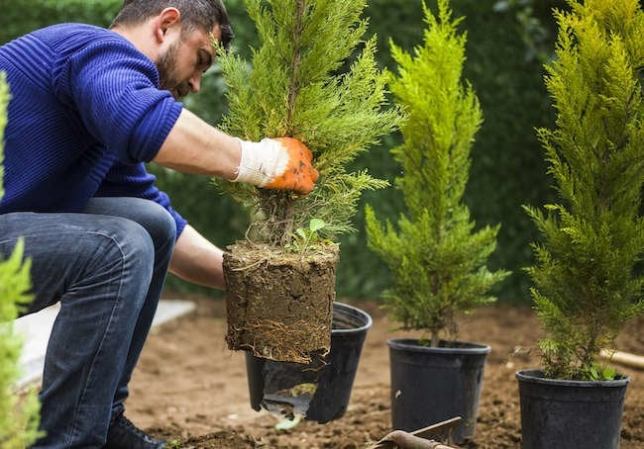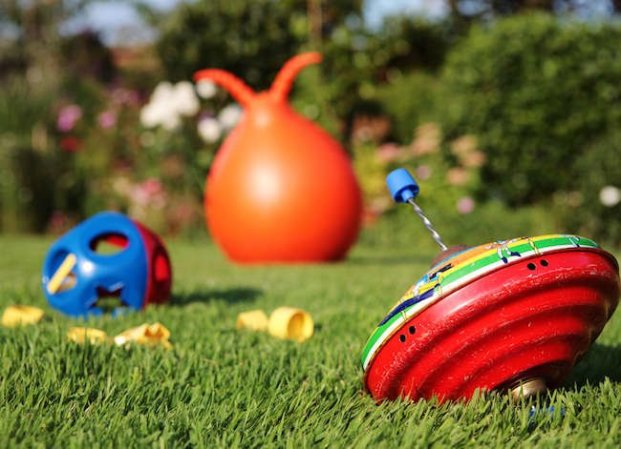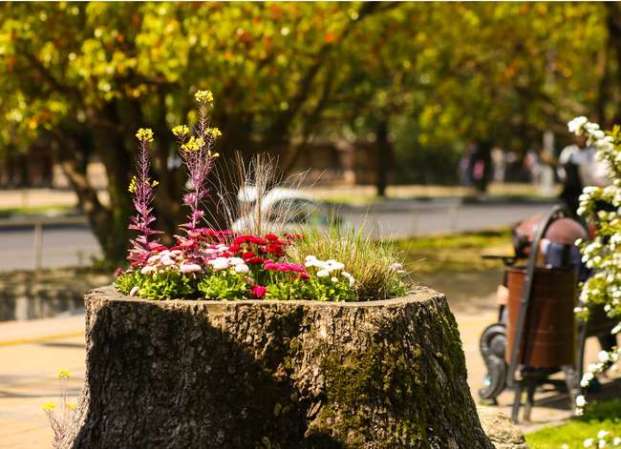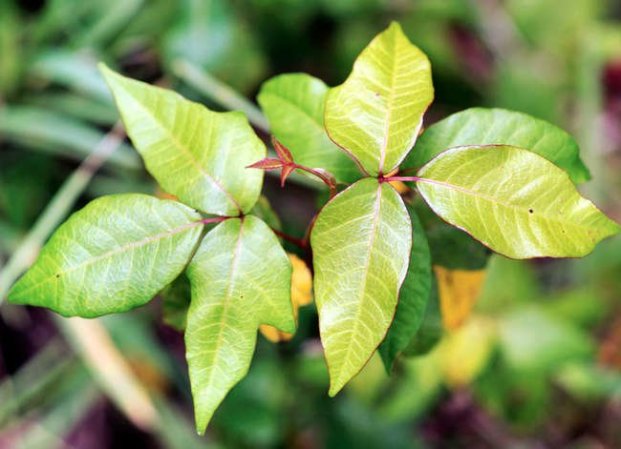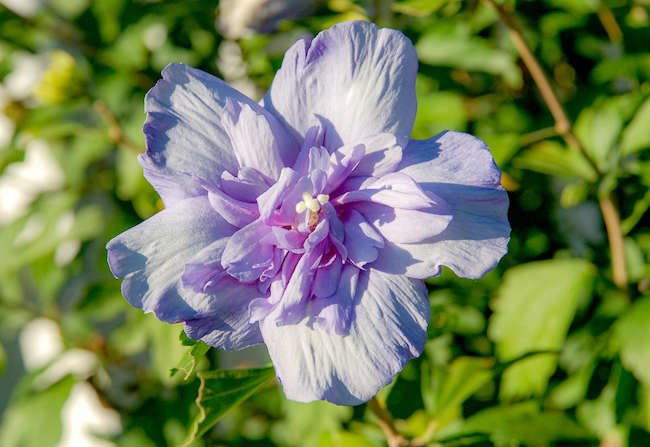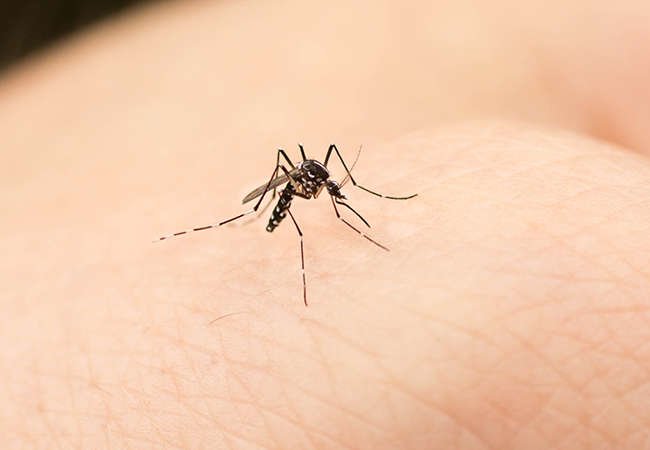We may earn revenue from the products available on this page and participate in affiliate programs. Learn More ›
Go for "Grasscycling"
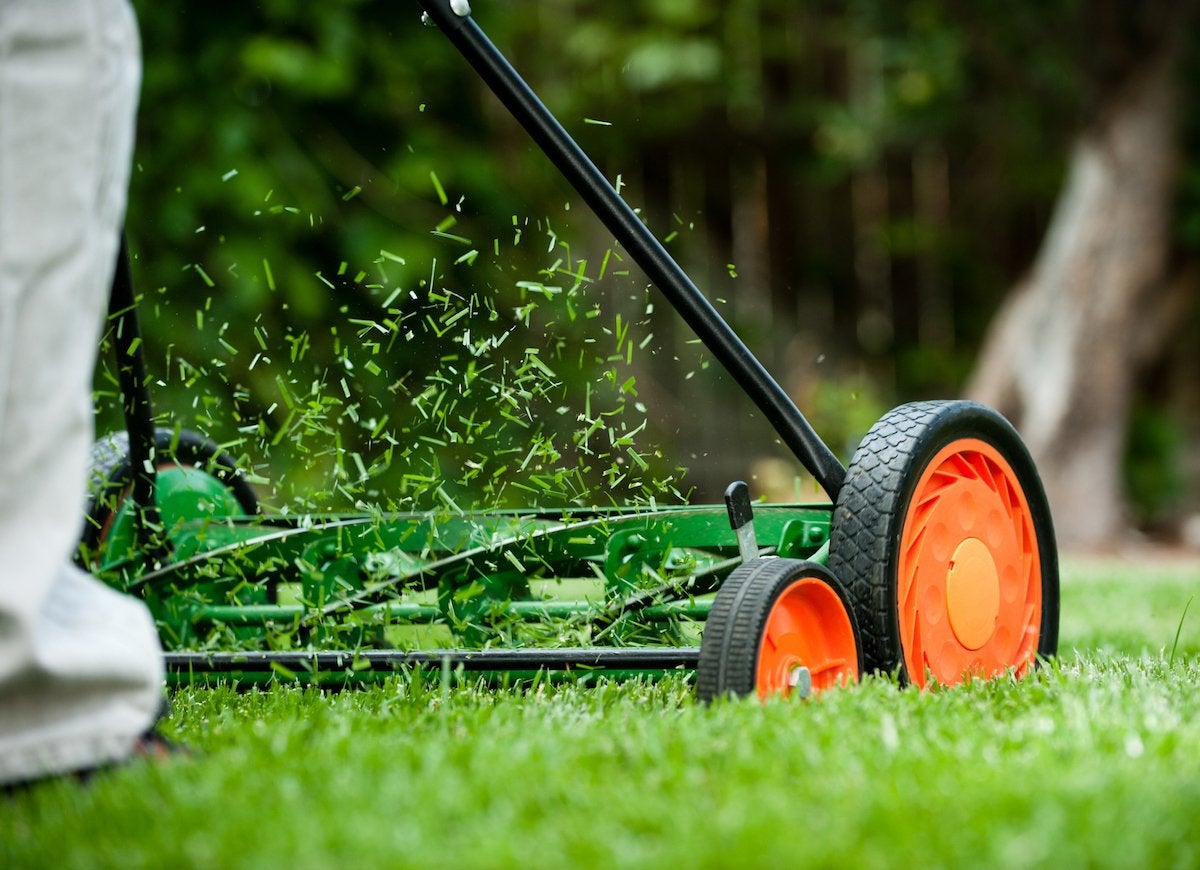
If you’re still wasting time and energy bagging grass clippings when you mow, listen up. Instead of taking the clippings to the curb, leave them on the lawn, where they’ll quickly break down and add nutrients to growing grass. Called “grasscycling,” this simple practice makes both mowing and fertilizing easier and faster—a definite win-win.
Related: 11 Easy Ways to Save Time on Your Spring To-Do List
Invite a Toad to Stay
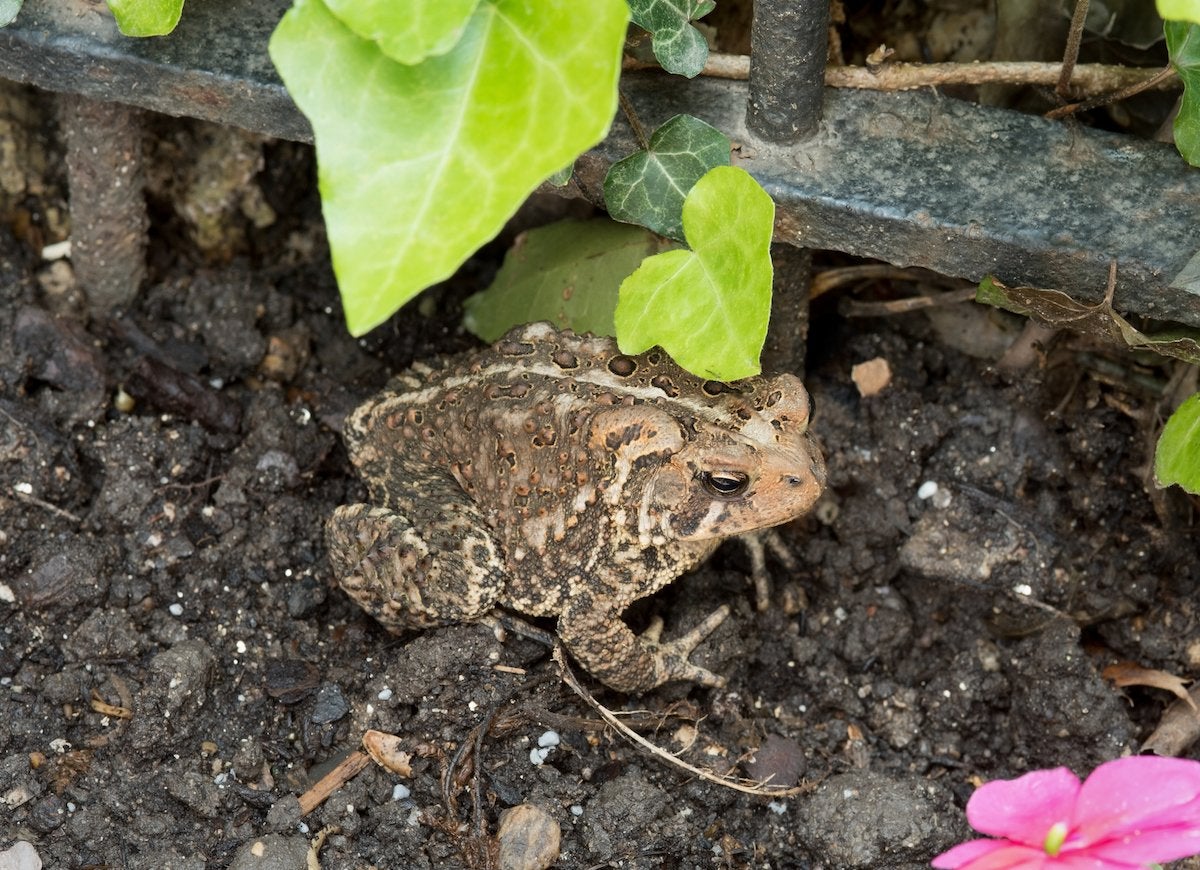
Overcome your squeamishness and invite a toad to stay in your backyard. These tiny amphibians, which thrive in certain zones within the United States, eat plant-damaging pests in your garden—potentially thousands of snails, slugs, and insects throughout the spring and summer. In return, all the toad asks is a protected cool and shady place to hide during the day—an overturned terra-cotta pot with one side slightly propped up on a small rock works beautifully—with a shallow container of water nearby. Amphibians are sensitive to pesticides, so go easy on the chemicals if you want your tiny live-in pest-control expert to remain.
Related: 10 Reasons You Don’t Need a Green Thumb to Have a Beautiful Garden
Let Nature Plant Your Flowers
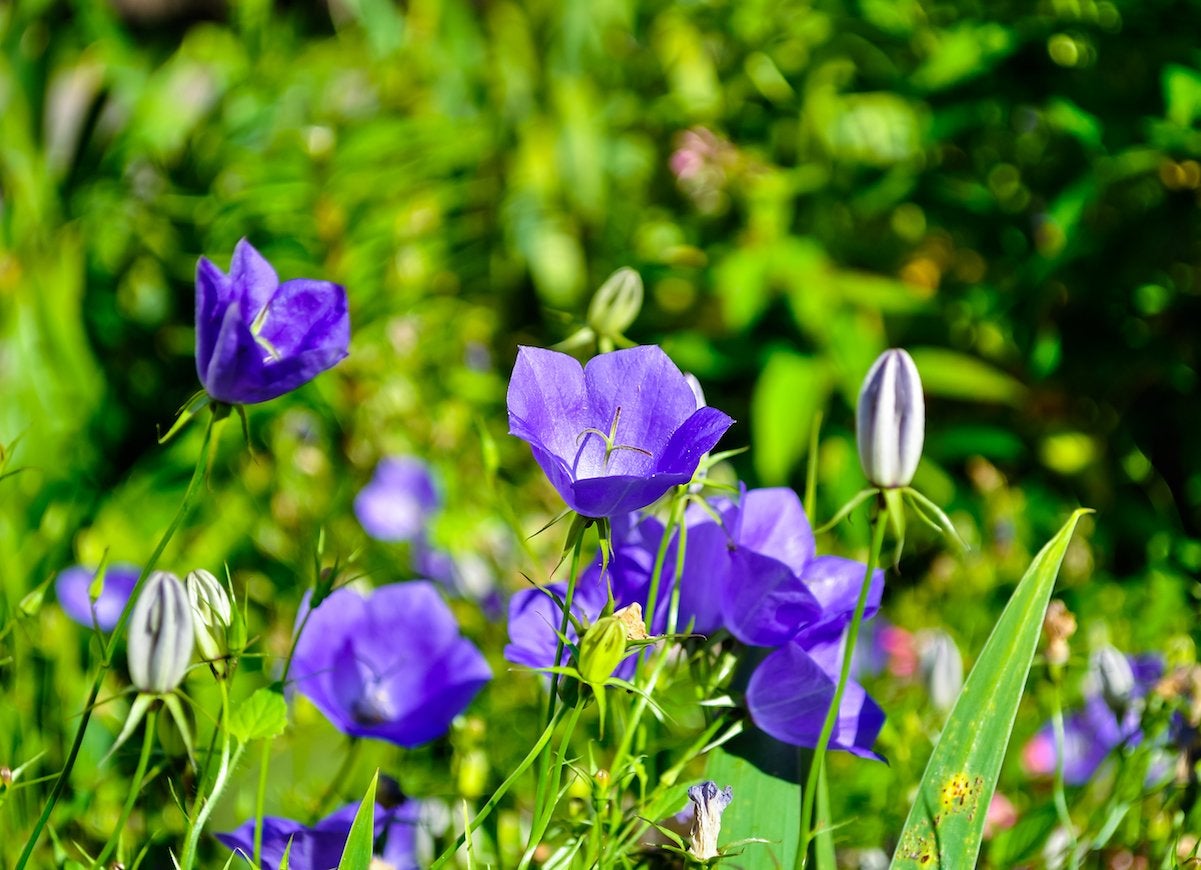
Why go to the trouble of replanting your flower beds each season when there are many annuals and perennials that will do the work for you? Sweet alyssum, gazania, bachelor’s buttons, California poppy, cosmos, bellflowers, bleeding heart, and butterfly weed are just a few of the flowers that drop seeds that sprout and bloom the following year without you having to lift a finger (or a shovel).
Add Worms to Your Compost
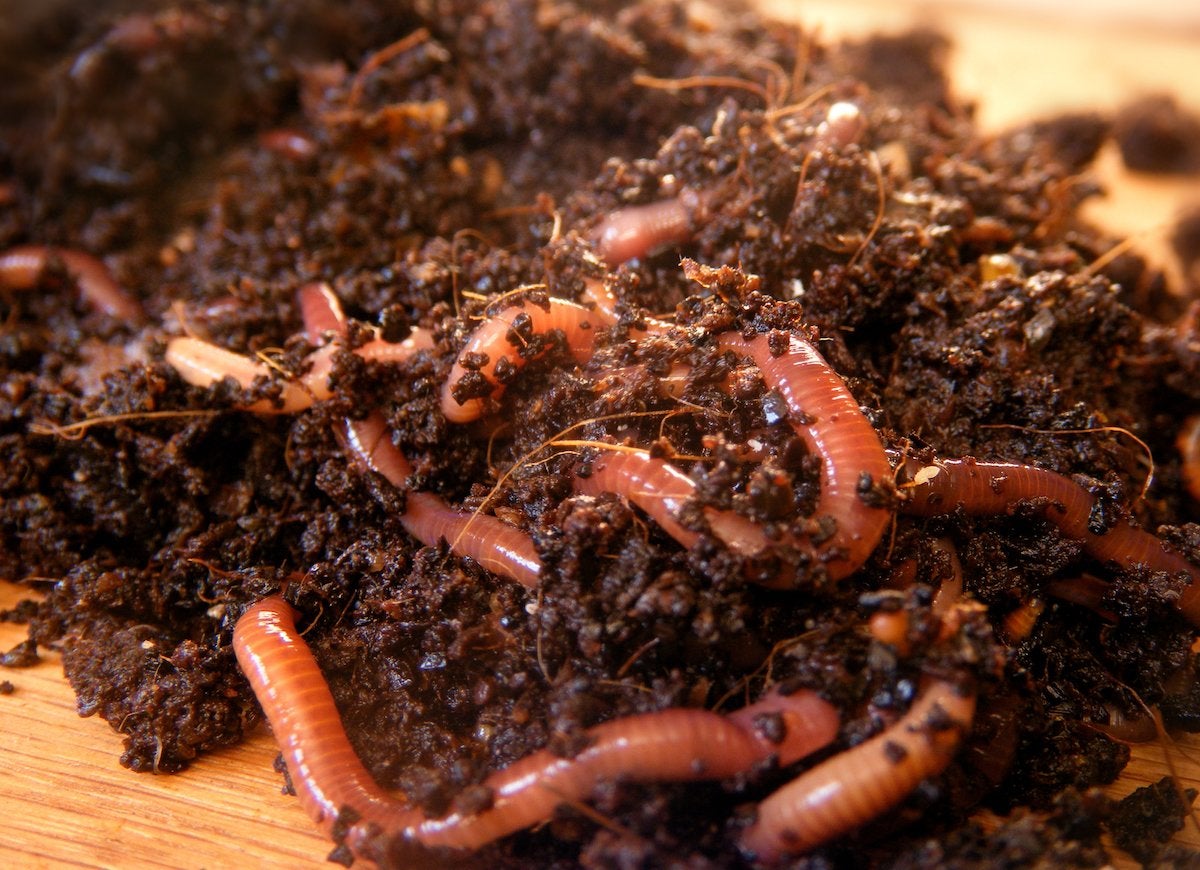
You’re dutifully composting your food scraps, paper, and other garden-nourishing garbage, but turning the pile takes more energy than you expected. The solution? Add some red wigglers, a species of earthworm better suited to the compost pile than their night-crawling cousins. The worms will quickly get busy eating the food scraps, digesting them, and then producing nutrient-laden, plant-enriching compost, allowing you to skip a couple of compost-turning sessions.
Get Birds to Eat Your Pesky Bugs
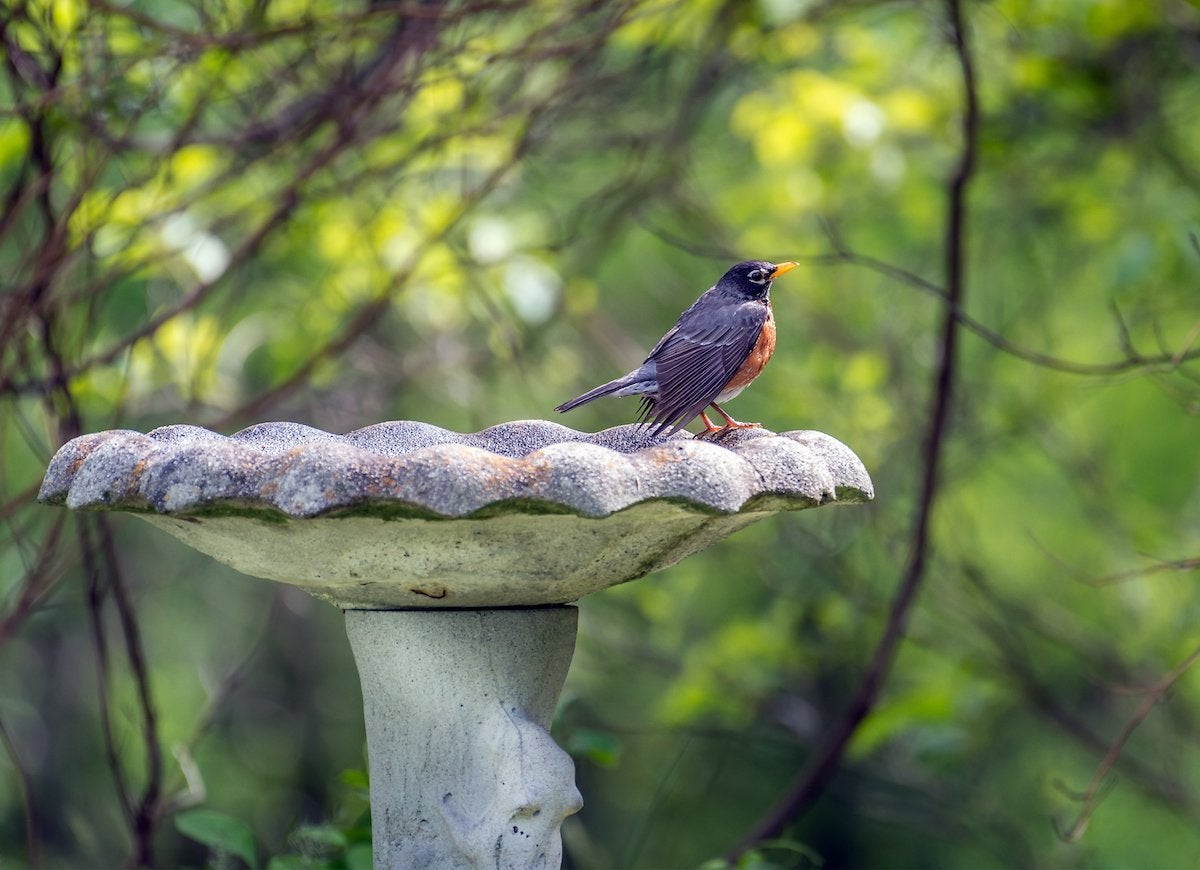
During the spring and summer, garden insects are at the peak of their life cycle, wreaking havoc on veggies and flowers. But instead of reaching for toxic pesticides, recruit nature’s warriors in the battle against bugs: birds. Common species, such as bluebirds, sparrows, grosbeaks, and cardinals, are more than happy to devour insects in your garden. In return, they want a nearby water source, such as a fountain or birdbath, protective cover in the form of shrubs or trees, and perhaps a seed-and-nut-filled bird feeder for a little variety in their diet.
Related: 7 Weirdly Effective Ways to Weed
Remove Grass Easily

Putting in a new garden bed? You could spend a couple of hours digging out a stretch of grass for the purpose, which can be murder on your back. If you aren’t in a hurry, though, let nature do it for you. Just cover the section of grass you want removed with several layers of newspaper, cover the paper with soil or mulch, water well, and then leave the paper in place for a few weeks to a couple of months. The paper will smother the grass and slowly break down into mulch.
Treat Your Roses to a Cup of Coffee
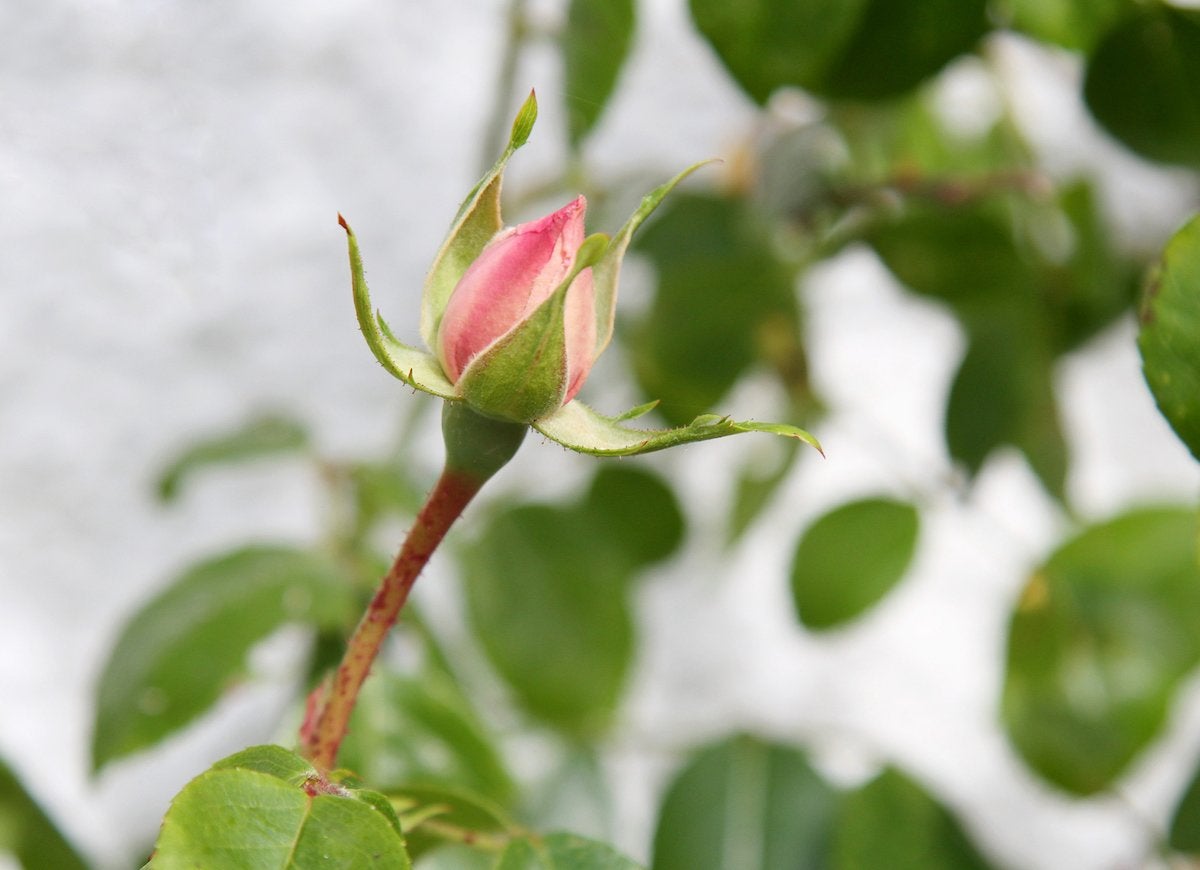
You savor your morning cup of brew, and it turns out that your roses like coffee too! Just let the used coffee grounds dry out, and then sprinkle them around your rosebushes, using up to a cup per bush. The high nitrogen content of the grounds acidifies the soil as the coffee breaks down—great for roses, which thrive in slightly acidic soil.
Attract the Good Guys
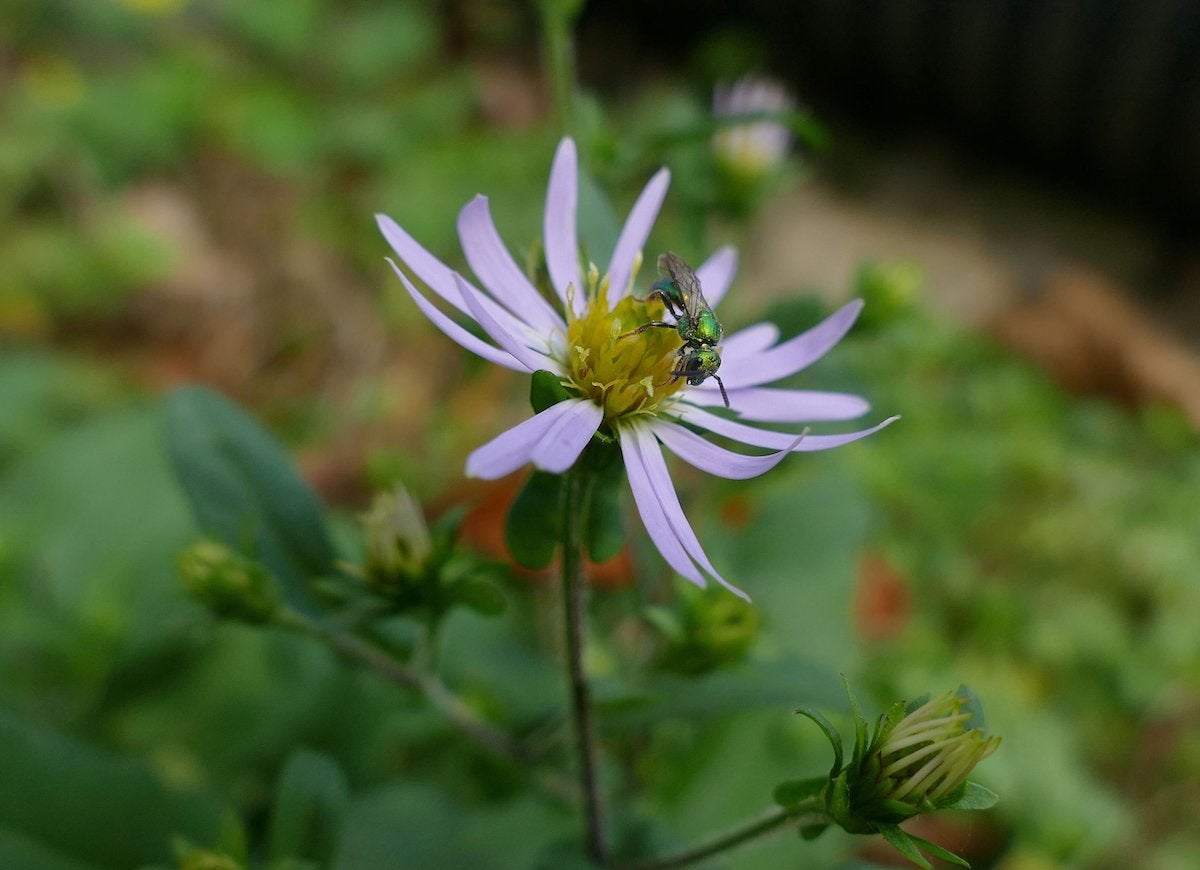
Not every insect in your garden is a bad guy. In fact, there are quite a few beneficial insects that prey on other bugs, typically while in their larval or juvenile state. Ladybugs, praying mantises, lacewings, and parasitic wasps are just some of the good guys you can attract to your garden by planting the flowers that they consume in adulthood. Some favorites are sweet alyssum, dill, yarrow, aster, lupine, and candytuft.
Let It Rain
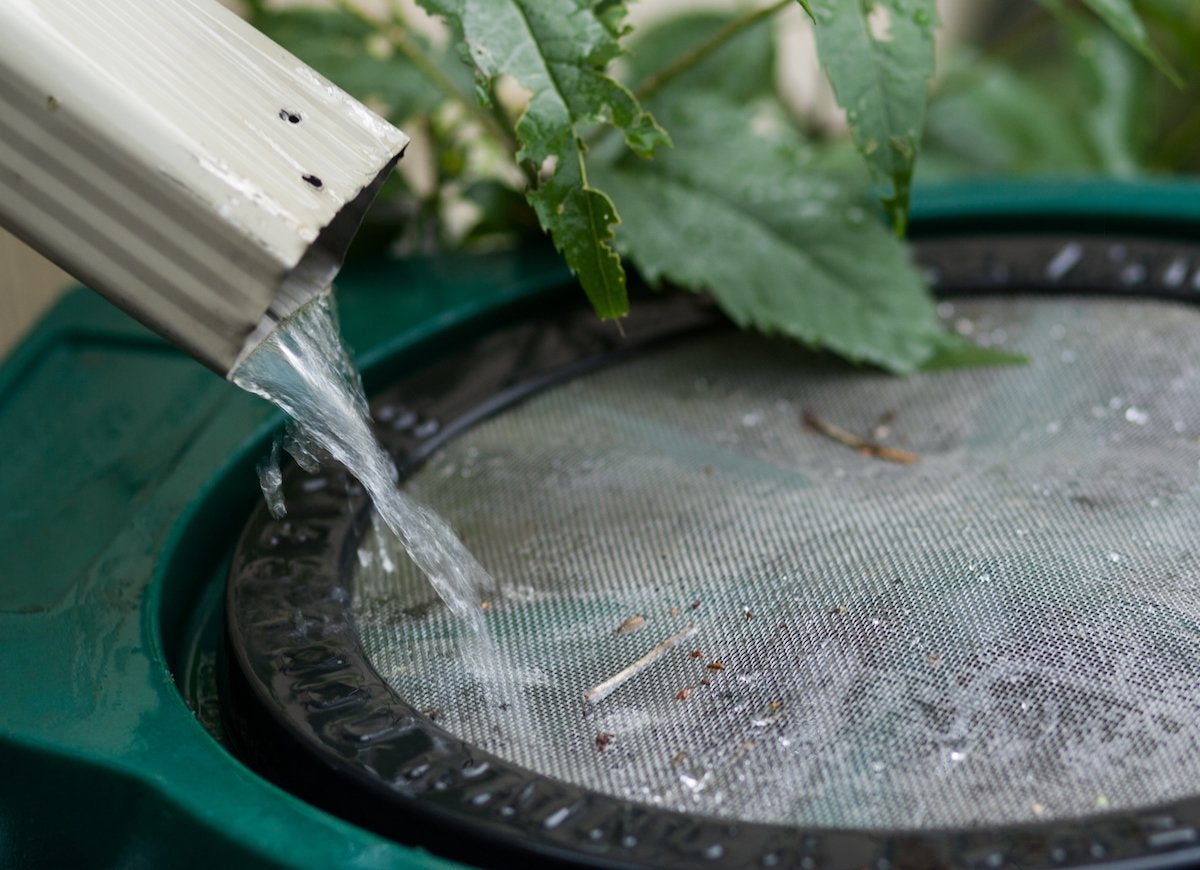
In many parts of the country, water—or the lack of it—has become a concern. During times of drought, there may be restrictions placed on watering your garden, and water costs can really hit your wallet. It pays to take advantage of Mother Nature’s generosity by installing a rain barrel. These barrels collect rain runoff from the roof of your home and then store it. When you’re ready to water, just attach your hose to the barrel’s spigot and give your plants a drink without raising your water bill or wasting water. Be sure to check local ordinances before installing a rain barrel, as restrictions vary by locality.
Keep Weeds Under Control
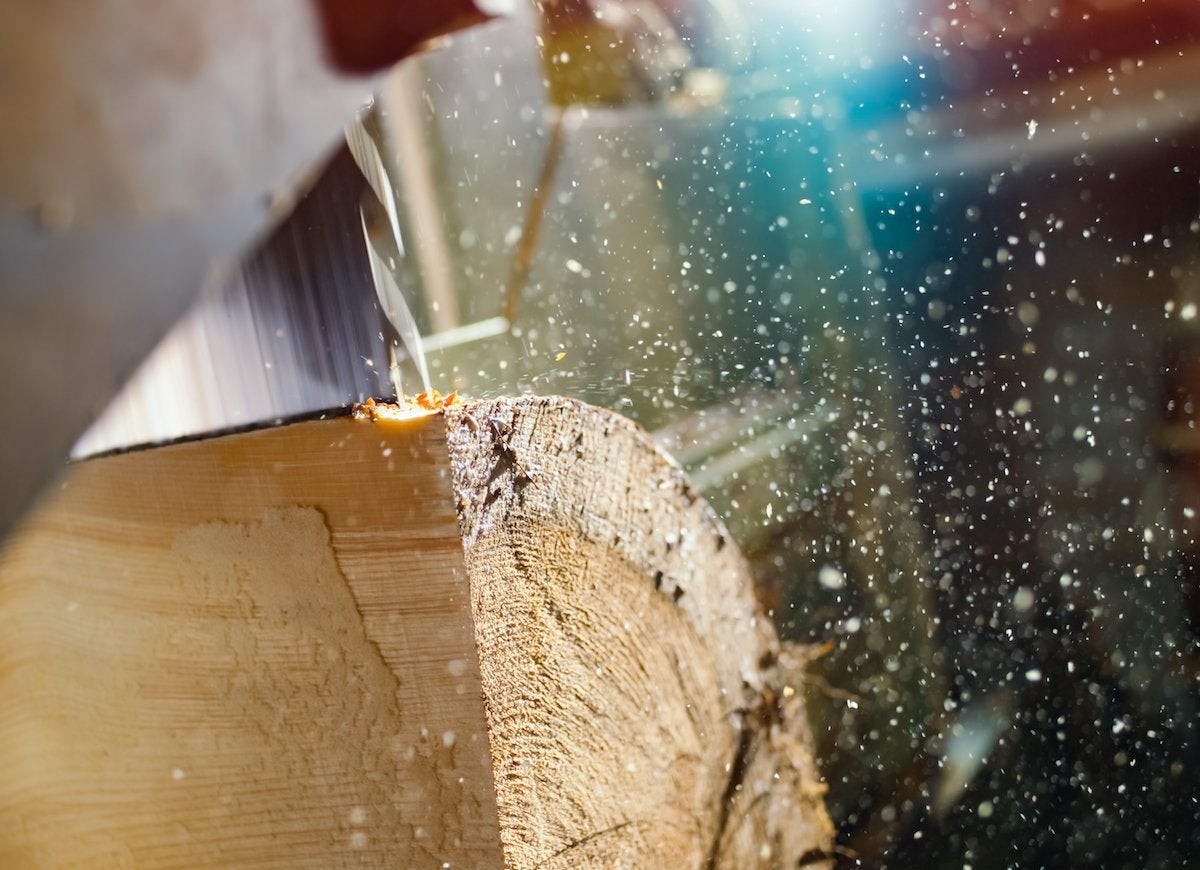
If you’ve been throwing away sawdust generated during tree-trimming chores or woodworking projects, put it to use in your yard instead. Another smart use for leftover sawdust: Apply a thick layer between paving stones or in cracks along your concrete walkways or driveway to suppress and smother weeds.
